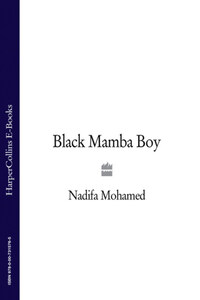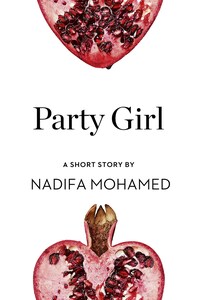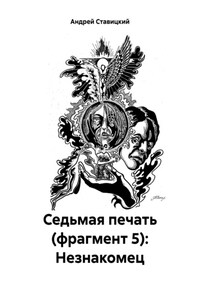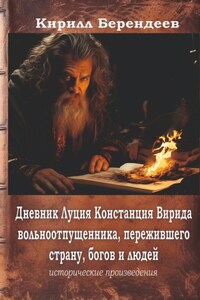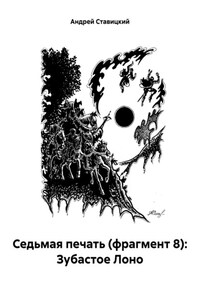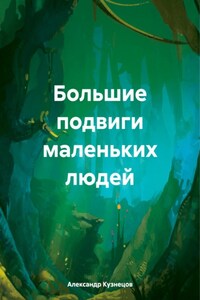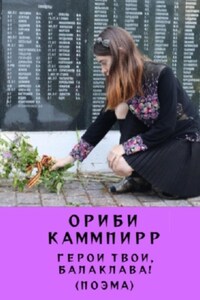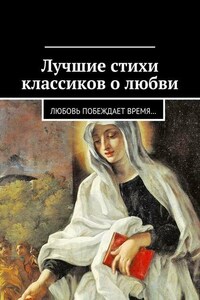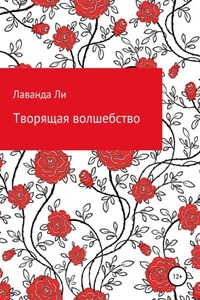Now you depart, and though your way may lead Through airless forests thick with hagar trees, Places steeped in heat, stifling and dry, Where breath comes hard, and no fresh breeze can reach – Yet may God place a shield of coolest air Between your body and the assailant sun.
Gabay by MAXAMED CABDULA XASAN
O troupe of little vagrants of the world, Leave your footprints in my words.
From Stray Birds by RABINDRANATH TAGORE
Dark clouds are gathering in the twilight sky, the moon and sun admire each other but my eyes are on him. His oversized glasses perched on his bulbous nose, the flashing blue and white lights of the television dancing on the lenses, his ma’awis hitched up around his knees. To see his knees buckling under the weight of his thin body hurts me, but I respect those knees for walking across continents, for wading through the Red Sea. I will sing the song of those knees.
I am my father’s griot, this is a hymn to him. I am telling you this story so that I can turn my father’s blood and bones, and whatever magic his mother sewed under his skin, into history. To make him a hero, not the fighting or romantic kind but the real deal, the starved child that survives every sling and arrow that shameless fortune throws at them, and who can now sit back and tell the stories of all the ones that didn’t make it. I tell you this story because no-one else will. Let us call down the spirits of the nine thousand boys who foolishly battled on the mountains of Eritrea for Mussolini, who looked like my father, lived like him but had their lives cut off with blunt axes, the ones who starved to death, the ones who lost their minds, and the ones who simply vanished. Boys like Shidane Boqor. Our fiery boy! Our pilferer of canned goods! Our dead child! Light the torches for his flight to heaven. Let his shadow always haunt his tormentors. Let them bathe for all eternity in the Shebelle and Juba before their sins are washed away.
My father’s life has been an exercise in a strange kind of liberty; if he outwitted death then his life was to be completely, perfectly his own, owing no debts to anyone or anything. Like his mother before him, he sharpened his spirit on the knife edge of solitude; stylites on their pillars, they saw loneliness, aloneness, oneness as divine states. The mother of all sailors is meant to be the sea, but Ambaro was more powerful, more tempestuous, more life-giving than any puddle of water. She gave life to my father over and over again, guarding him as Venus did Aeneas. She took his paltry little life and moulded it into something epic. Her love was violent, thick lava that she poured into her son’s mouth, she cut her veins and transfused her hot wild blood into his soul. She was all that he needed in life and he remains here testament to what a mother’s love can do, it turns wax into gold.
My father is an old sea-dog who sailed to freedom on a prison ship. Jama with his Somali Argonauts, who remembers each one of his ships like other people remember lost loves. Life as a sailor was ideal for him; wherever he was in the world, his steel leviathan would blast its horn and call him back to his cabin. Even now, see-sawing engravings of galleons surf along his walls as we watch the exploits of Sinbad the Sailor. As a child I would plunge my hands into a King Edward Cigars box of coins, some ancient, some strange, some from countries, like ours, that don’t exist anymore. In another box were cufflinks with glass stones that I mistook for rubies, emeralds, sapphires and coveted with all my heart; his golden pirate’s treasure chest buried under old maps and certificates. He spun me briny old sea yarns, ‘You see, I was being chased by deadly Zulu gangsters, tsotsis they called themselves. I ran along the wharf in Durban in the dead of night with them snapping at my heels, desperate to rob me and cut my throat, my heart was going BOOM BOOM, when a policeman came and fired at them. When the ship got to Venice I bought an ivory-handled pistol for our next journey to South Africa.’
Long ago, with a mouth full of clumsy braces, I would allow my father to take my hand and lead me on long purposeless walks. We usually ended up in Richmond Park, sitting amongst the broken trunks of oaks, elms and hawthorns pulled up by the great storm of eighty-seven. In our matching anoraks, we watched bats fly awkwardly from nook to cranny, and listened to the feral Somali parakeets that hid in the park, saying ‘Maalin wanaagsan, Maalin wanaagsan, good day.’With fugitive African birds chattering above our heads, and the red and fallow deer hiding in the long grass, we could almost have been in the Serengeti or back in the Miyi. My father would reminisce about Eritrea, Aden, and the camel bells he played with as a child in the Somali desert. I would sullenly wait for him to finish; what could I imagine of life as a child soldier or as a street boy in Aden, I was not allowed out to the corner shop alone. With a distant sigh, my old father Time would become quiet again and I would tell him what was on my mind, perhaps a new pair of trainers or a puffa jacket. I wanted to be a ragamuffin, never knowing that my father was the biggest ragamuffin, vagabond, buffalo soldier of them all.
